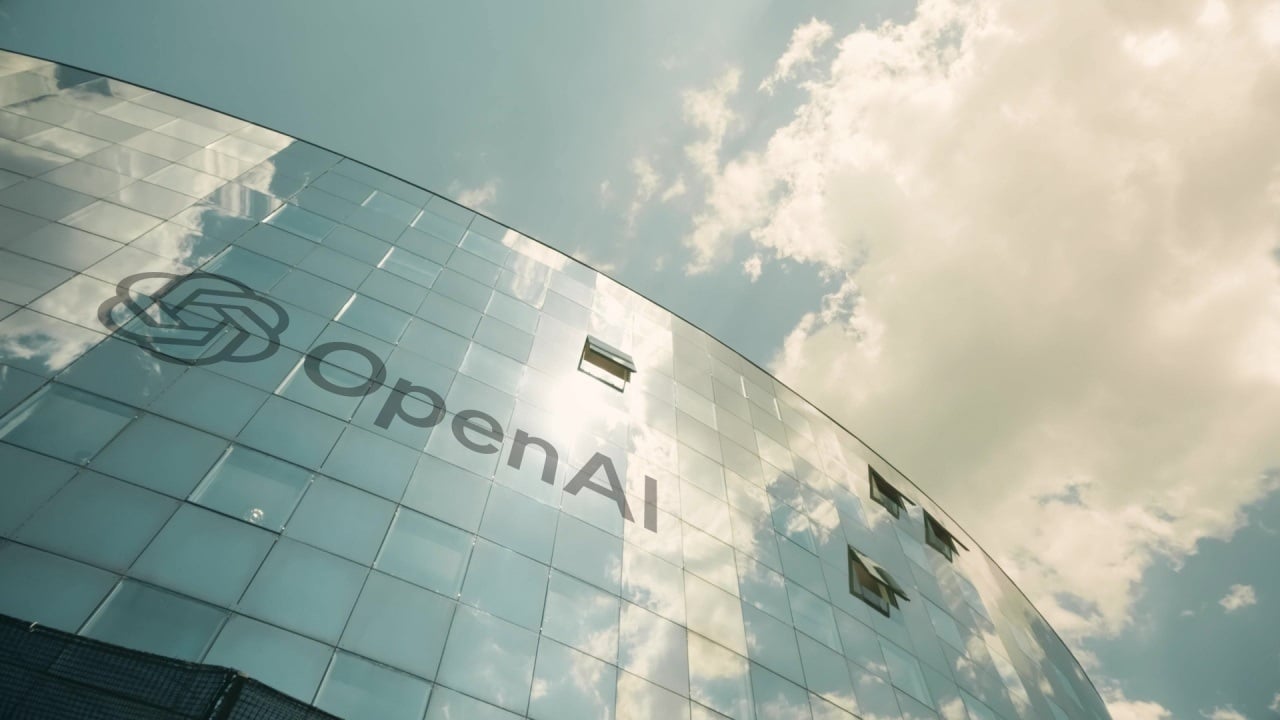The world of finance is undergoing a seismic shift, driven by technological advancements and the relentless pursuit of democratizing investment opportunities. At the heart of this transformation lies the concept of tokenization, which promises to bridge the gap between traditional finance and the digital asset ecosystem. However, recent events have thrust this innovation into the spotlight, as a high-profile clash between OpenAI and Robinhood has ignited a debate about the nature, benefits, and risks of tokenized stocks.
The controversy began when Robinhood, the popular trading platform, launched tokenized stocks linked to private companies, including OpenAI and SpaceX. These tokens, which represent fractional ownership in a Special Purpose Vehicle (SPV) that holds the underlying assets, were marketed as a way for retail investors to gain exposure to high-growth private companies. However, OpenAI swiftly disavowed any connection to these offerings, labeling them as “fake” and emphasizing that it had not approved any transfer of its equity. This public spat has raised critical questions about the legitimacy, transparency, and regulatory oversight of tokenized assets.
The Promise and Peril of Tokenized Stocks
Tokenized stocks represent a novel approach to democratizing access to private markets, which have historically been the domain of institutional investors and high-net-worth individuals. By fractionalizing ownership, tokenized stocks enable retail investors to participate in the potential upside of high-growth private companies without the need for substantial capital or meeting stringent investment criteria. This innovation aligns with the broader trend of financial democratization, which seeks to empower individual investors and reduce barriers to entry in the financial markets.
However, the promise of tokenized stocks comes with significant risks and challenges. One of the primary concerns is the lack of direct ownership. Unlike traditional shares, tokenized stocks do not confer shareholder rights, such as voting privileges or dividend entitlements. Instead, they represent a derivative instrument linked to the performance of an SPV, which introduces additional layers of complexity and counterparty risk. Investors must rely on the SPV’s management and the integrity of the underlying assets, which may not always be transparent or verifiable.
Moreover, the regulatory landscape for tokenized stocks is still evolving, creating uncertainty for both issuers and investors. The lack of clear guidelines raises questions about investor protection, market manipulation, and the legal status of these instruments. Without robust regulatory oversight, there is a risk that tokenized stocks could become a breeding ground for fraud and misconduct, undermining investor confidence and the long-term viability of the market.
The OpenAI-Robinhood Dispute: A Clash of Values
The dispute between OpenAI and Robinhood highlights the tension between innovation and control in the financial markets. OpenAI’s decision to disavow Robinhood’s tokenized stock offering can be interpreted as a strategic move to protect its equity structure and maintain control over its ownership. As a private company, OpenAI has the right to dictate who can own its shares and under what conditions. Allowing a third party to create derivative instruments based on its equity without its consent could potentially undermine its control and create unintended consequences.
Furthermore, OpenAI may be concerned about the reputational risks associated with tokenized stocks. The market for these assets is still relatively new and unregulated, and there is a risk that investors could be misled or defrauded. By disavowing any connection to Robinhood’s offering, OpenAI is distancing itself from these risks and protecting its brand image. However, critics argue that OpenAI’s stance is overly restrictive and that it is stifling innovation in the financial markets. By preventing retail investors from gaining exposure to its equity, OpenAI is reinforcing the traditional barriers to entry in private equity and limiting the potential benefits of tokenization.
The Role of Regulation in Shaping the Future of Tokenized Assets
The OpenAI-Robinhood controversy has drawn attention from regulators, who are increasingly focused on the potential risks and benefits of tokenized assets. The lack of clear regulatory guidelines for tokenized stocks creates uncertainty for both issuers and investors. Regulators are grappling with questions such as how to classify tokenized stocks under existing securities laws, what disclosure requirements should apply to tokenized stock offerings, and how to protect investors from fraud and manipulation in the tokenized stock market.
The answers to these questions will have a significant impact on the future of tokenized stocks. If regulators adopt a strict approach, it could stifle innovation and limit the growth of the market. On the other hand, if regulators fail to provide adequate oversight, it could lead to increased risks for investors and undermine confidence in the tokenized asset market. Striking the right balance between innovation and regulation will be crucial for the long-term success of tokenized assets.
Conclusion: Navigating the Tokenized Frontier
The OpenAI-Robinhood controversy serves as a microcosm of the broader challenges and opportunities presented by tokenized assets. While the promise of democratized access to private markets is appealing, it is crucial to understand the risks and limitations of tokenized stocks. Investors should not assume that these tokens are equivalent to owning actual shares in a company and should carefully consider the underlying structure, regulatory environment, and potential risks before investing.
For companies like OpenAI, the decision of whether to embrace or reject tokenization is a strategic one. While tokenization could potentially unlock new sources of capital and broaden its investor base, it also raises concerns about control, reputation, and regulatory compliance. OpenAI’s decision to distance itself from Robinhood’s offering reflects its cautious approach to this emerging technology.
Ultimately, the future of tokenized stocks will depend on the ability of regulators, issuers, and platforms to address the risks and build a transparent and trustworthy market. Only then can tokenization truly deliver on its promise of democratizing access to investment opportunities and creating a more inclusive financial system. The battle between innovation and regulation continues, and the outcome will shape the finance of tomorrow.

